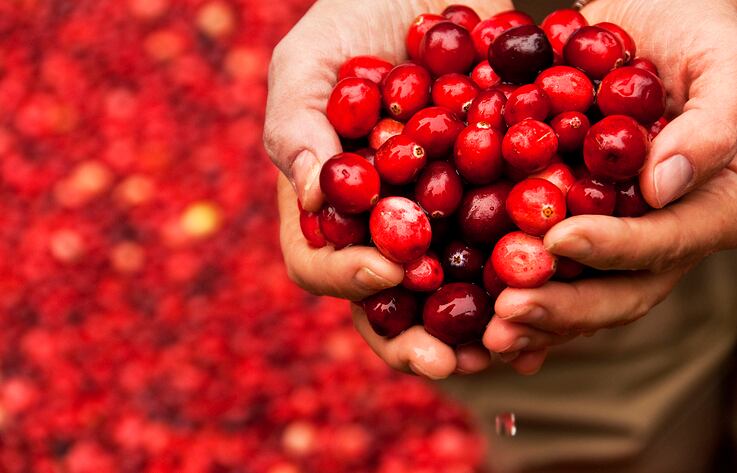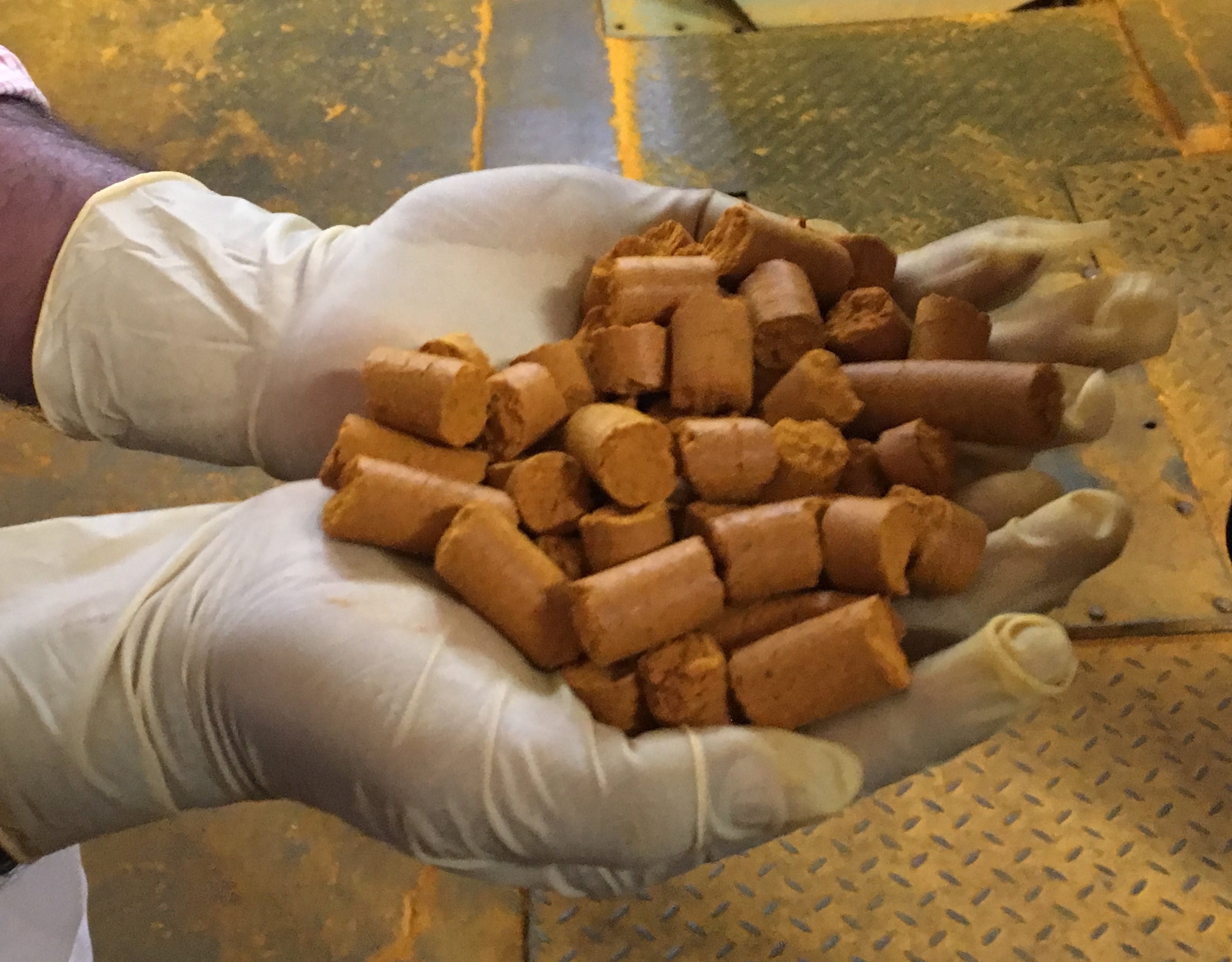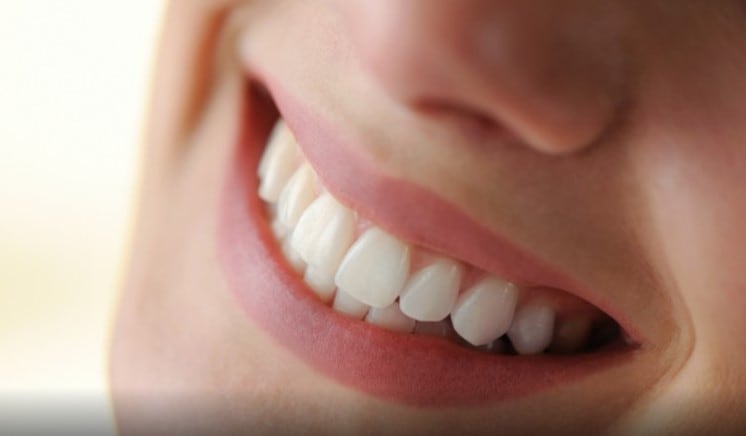The recently published research comes from a team at the College of Dentistry at the University of Illinois Chicago. It was published in the journal Beverages.
The researchers were investigating the ability of certain polyphenols to inhibit the formation of biofilms in the oral microbiome. The formation of these films, which harden into dental plaques, is one of the principle mechanisms of tooth decay and gum disease.
How best to support oral health in a sugar-laden world?
To test how the various polyphenols performed, the researchers sourced a number of different packaged and ready-to-drink teas containing both green and black tea, raspberry-flavored RTD teas and cranberry juice cocktail beverages (with and without sugar) as test materials.
The researchers noted that even with widespread fluoridation in water supplies, many children and adults still suffer from tooth decay in the United States. The large consumption of sugar sweetened beverages, many of which contain multiples of the daily recommended sugar intake in each serving, seems to have partially swamped that public health intervention.
So, if children are going to be drinking sugar sweetened beverages anyway, what are the best choices from an oral health perspective?
To test whether these beverages provide that answer, the researchers took plaque samples from 16 children ages 7 to 11 that contained Streptococcus mutans and cultured them, then added the cultures to the test materials.
The results showed that all of the polyphenol beverages restricted S. mutans growth and biofilm formation to some degree. But the raspberry flavored teas and the cranberry juice products performed the best.
“Commercially marketed, ready-to-drink bottled tea beverages and cranberry juice drinks containing plant-derived antimicrobial polyphenols were found to inhibit the growth and biofilm formation of Streptococcus mutans,” the authors concluded.
“If sequenced properly between meals and performance of oral hygiene, these beverages exhibit potential oral health benefits and are preferable to commonly consumed sugar-sweetened beverages. The concept of caries management using natural foods or beverages in the diet is a novel, practical and innovative approach to promote oral health in children,” they added.
Ocean Spray: Study adds to body of research
In a statement, Christina Khoo, Director of Health, Science, and Nutrition at Ocean Spray, lauded the findings and said it matches its own research on its products.
“Ocean Spray tests our products so that we know the content of polyphenols in our cranberry beverages. Since we did not collaborate with the researcher on this study, we don’t know what the level of bioactive polyphenols are in the other products. Cranberries also contain different polyphenols than tea. Cranberries have a different polyphenol profile and contain certain proanthocyanidins that might be uniquely capable of suppressing oral bacteria,” she said.
“There is a body of evidence suggesting that the bioactive polyphenols in cranberry may have oral health benefits by suppressing oral bacteria and preventing plaque biofilm formation. Additionally, there are previous pilot studies with adults that showed that cranberry juice consumption may slow the regrowth of plaque and lower acid production. However, we agree that more work such as clinical trials should be done to confirm the in vitro findings,” Khoo added.
“There is a body of evidence suggesting that the bioactive polyphenols in cranberry may have oral health benefits by suppressing oral bacteria and preventing plaque biofilm formation. Additionally, there are previous pilot studies with adults that showed that cranberry juice consumption may slow the regrowth of plaque and lower acid production. However, we agree that more work such as clinical trials should be done to confirm the in vitro findings,” Khoo said.
Source: Beverages
2021, 7(3), 43; https://doi.org/10.3390/beverages7030043
Beverages Containing Plant-Derived Polyphenols Inhibit Growth and Biofilm Formation of Streptococcus mutans and Children’s Supragingival Plaque Bacteria
Authors: Wu CD, et al.




